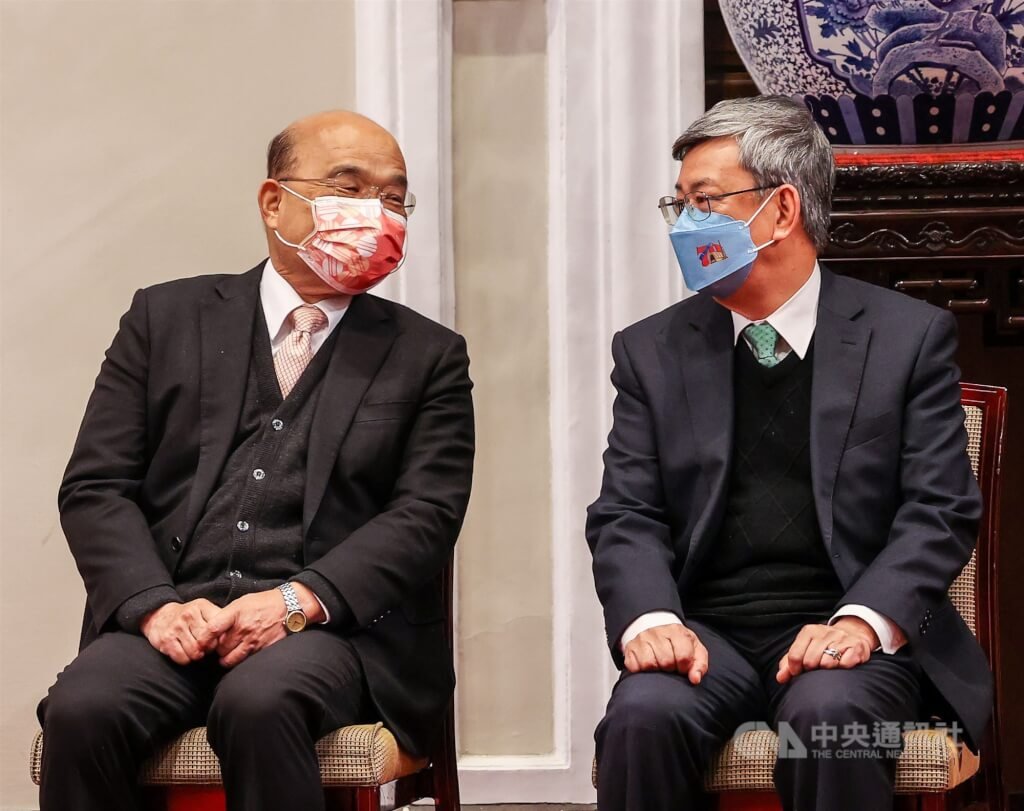
At China's CCP Party School annual high-level cadet training, Xi Jinping unveils a new term '#ChineseModernization', & juxtaposes it w. 'Western modernization'.
Underlying message: Chinese exp isn't a bad mutation of standard (Western) modernization, but an equally valid variant
Underlying message: Chinese exp isn't a bad mutation of standard (Western) modernization, but an equally valid variant

2/ This certainly sounds like a new ideological doctrine in the making. A natural question to ask is: does this entail a new, more aggressive international messaging campaign will follow?
3/ Probably not. Because this new term actually carries a clearly more limited international ambition and an obvious inward-facing domestic orientation.
'Chinese modernization' narrative is explicitly not designed for export.
'Chinese modernization' narrative is explicitly not designed for export.
4/ CM is a step up from CCP's existing jargons 'Chinese path' and 'Chinese experience'. But it's not quite the 'China Model' that many have been apprehensive about since the late 2000s.
5/ Here is an English translation of Xi's keynote speech on CM.
Key passage:
"Noting that Party leadership is vital to the fundamental direction, future and success of Chinese modernization, and defines the fundamental nature of Chinese modernization"
english.news.cn/20230207/07996…
Key passage:
"Noting that Party leadership is vital to the fundamental direction, future and success of Chinese modernization, and defines the fundamental nature of Chinese modernization"
english.news.cn/20230207/07996…
6/ If CCP leadership is the most fundamental component of CM, then other countries that not have CCP -- which is everybody else -- cannot have CM, at least cannot emulate it & do it successfully.
• • •
Missing some Tweet in this thread? You can try to
force a refresh











